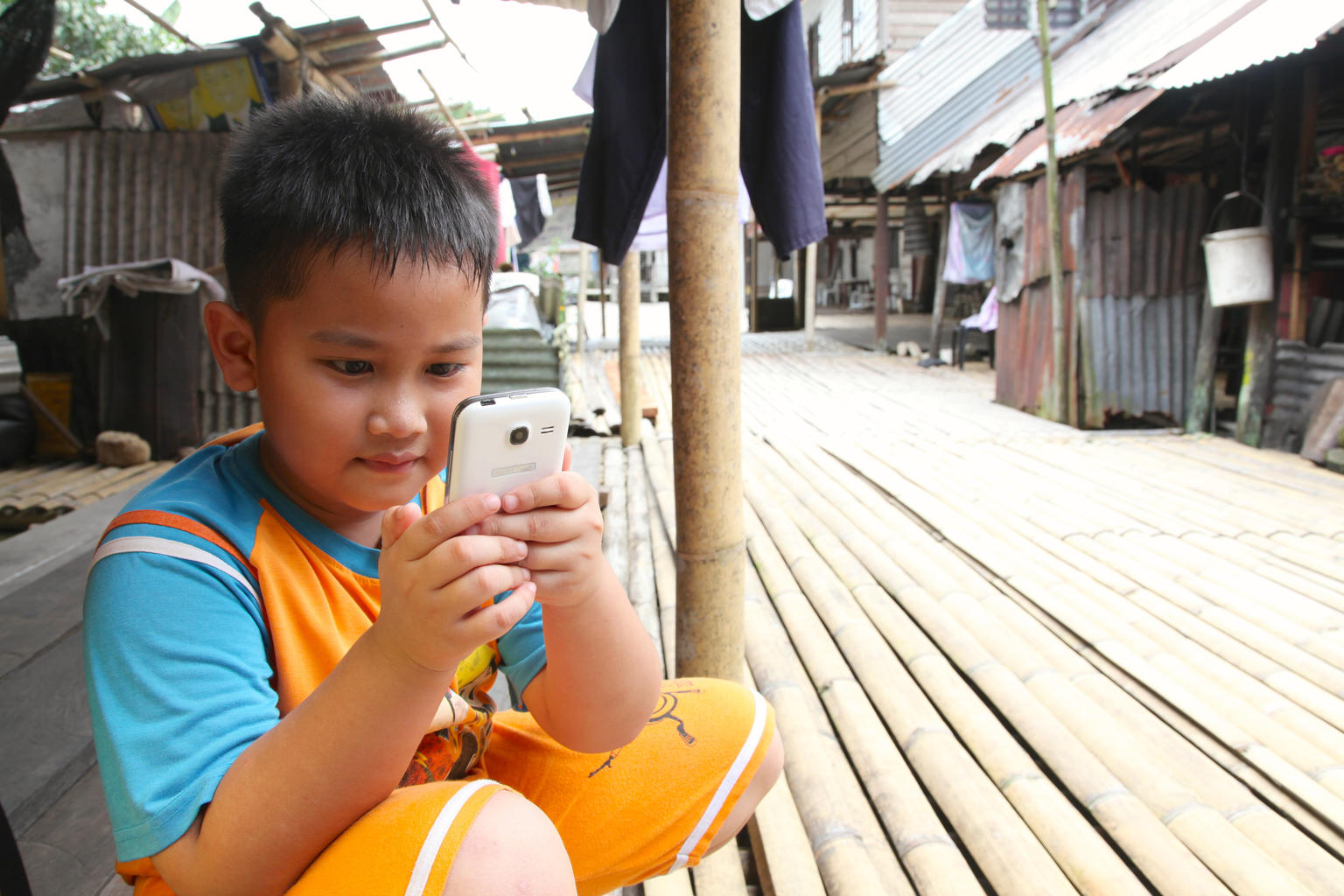
In a landmark step forward for children’s online safety, Malaysia has made sex extortion and livestreaming of child sexual abuse distinct offenses, to enable better prosecution of these crimes. The Parliament of Malaysia, the Dewan Rakyat, approved a Bill to amend several provisions to the Sexual Offences against Children (SOAC) Act 2017.
As per the Disrupting Harm Malaysia report, developed with active support of the Government of Malaysia, sexual extortion and livestreaming of child sexual abuse remain some of the biggest threats that children face in the country. Sexual extortion includes being blackmailed to engage in sexual activities, having sexual images shared without permission, or being coerced to engage in sexual activities through promises of money or gifts. In fact, data shows that in one year, an estimated 100,000 internet-using children aged 12-17 were subjected to clear instances of online sexual exploitation and abuse, including sex extortion.
Disrupting Harm represents the most comprehensive and large-scale research project ever undertaken on online child sexual exploitation and abuse at the national level. It has resulted in 13 country reports including Malaysia and a series of unique ‘data insights’. Implemented by UNICEF Innocenti, ECPAT International and INTERPOL and funded by the Safe Online initiative at End Violence, it provides comprehensive evidence concerning the risks children face online, how they interlink with other forms of violence and what can be done to prevent them.
The Malaysia report shares a series of unique insights specific to the country including the fact that children mainly experienced online child sexual exploitation and abuse (OCSEA) through the major social media providers including messaging platforms. More worryingly, Helplines and the police were almost never utilised to seek help by children who were subjected to OCSEA, who tended to confide in people within their interpersonal networks, particularly friends, caregivers or siblings.
Based on the findings, Disrupting Harm outlined a series of evidence-based recommendations spanning legislation, law enforcement, justice processes, social services and public awareness to support the implementation of a comprehensive and sustained response to OCSEA, or an actionable blueprint to protect children. These recommendations call on the Government of Malaysia and its partners to act, educate and invest.
The crucial amendments passed draw directly from the recommendations of the Disrupting Harm report and go a long way to further strengthen the country’s legislative framework. These include:
• Make sexual extortion and livestreaming of child sexual abuse distinct offenses, to enable better prosecution of these crimes.
• Stronger victim-protection in the justice system, including child-friendly mechanisms during hearings to avoid re-traumatisation of children.
• Allow extraction of evidence at the first point of contact, such as police stations and hospitals, to prevent children having to testify multiple times.
• Better mechanisms to provide compensation for victims; under the new law, courts have the discretion to decide on compensation instead of having to rely on prosecutors to submit such claims on behalf of the victim (which was rarely done as per the study).
“Our congratulations to the Government of Malaysia for taking urgent action to prioritise online safety of children by passing the amendments to the Sexual Offences Against Children Act,” said Marija Manojlovic, Director, Safe Online Initiative at the End Violence Partnership. “Malaysia is a critical example of the importance of data to drive policy action. As our flagship project Disrupting Harm shows, we need high quality data, and more importantly, political will to use the data and insights to create an actionable blueprint towards creating a safe online world for children”.
Malaysia is a critical example of the importance of data to drive policy action. As our flagship project Disrupting Harm shows, we need high quality data, and more importantly, political will to use the data and insights to create an actionable blueprint towards creating a safe online world for childre
The legislative changes in Malaysia are the latest in a series of progressive legislations that work towards creating a safer online world for our children.
Explore the insights from Disrupting Harm.
Learn more about the action to keep children Safe Online.
Image: © UNICEF:UN0271852:Pirozzi